Serotonin Deficiency - Symptoms and Therapy
introduction
Serotonin is a very important hormone for the human body - if its concentration is too low, this can have a wide range of consequences.
As a so-called Neurotransmitters Serotonin is used to transmit information in the human brain. It is known to play a role in the processing of feelings, but is also important for the sleep rhythm and the perception of pain.
Other organ systems in which serotonin acts as a messenger substance are the gastrointestinal tract and the circulatory system.
A deficiency can therefore lead to listlessness, bad mood, but also increased pain perception.

Symptoms of Serotonin Deficiency
Since serotonin acts as a messenger substance in many parts of the body, the symptoms of a deficiency can be very diverse.
Serotonin in the brain
The symptoms classically associated with serotonin deficiency are based on the function of serotonin as a carrier of information in certain areas of the brain. This includes:
- Phases of long fatigue,
- Listlessness,
- Fears,
- Depressions,
- Restlessness,
- Difficulty concentrating.
However, since serotonin is not the only hormone that influences emotions and driving force, these symptoms should not automatically lead to a serotonin deficiency.
You might also be interested in the following article:
- The most common signs of depression
- Always tired - what can I do?
Serotonin in the gastrointestinal tract
It also plays an important role in the gastrointestinal tract, if there is a deficiency, too
- Eating disorder,
- sudden food cravings
- as a result, an increase in body weight
- and abdominal pain
come.
Serotonin and hemostasis
In the blood vessels, serotonin acts as a messenger substance and causes the blood vessels to contract in the event of injury or bleeding. Correspondingly, if there is a serotonin deficiency, the time until the bleeding stops can be changed.
Other effects of serotonin deficiency
Further changes can occur in the sleep-wake rhythm, sexual behavior, the sensation of pain and the control of one's own body temperature.
Read our article about this: Pain all over the body - why is that?
Therapy options
There are several options available to treat serotonin deficiency. It is important that the goal of the treatment is determined in advance.
If the symptoms arise, for example, due to a disorder in the gastrointestinal tract, this should also be the focus.
In general, a distinction must be made between what is known as causal, i.e. treatment that fights the cause, and symptomatic therapy.
In causal therapy, the goal is to permanently increase serotonin levels. This can be done through medication as well as through natural aids at the level of diet and exercise.
Symptomatic therapy is about improving symptoms caused by the lack of serotonin. Here, for example, drugs can be used that reduce increased pain perception or normalize the sleep-wake rhythm with supportive help in case of sleep problems.
How can you fix a serotonin deficiency naturally?
There are a few ways you can fix a serotonin deficiency without resorting to medication.
As already mentioned above, the basic building block of serotonin is the so-called L-tryptophan. It is an essential amino acid that must be taken in with food as the body cannot produce it itself. Therefore, when you have serotonin deficiency, eating foods containing tryptophan can help. These include, for example, eggs, tuna, cheese and various types of nuts, such as walnuts or cashew nuts.
Another effective way to increase serotonin levels is to exercise, especially in the fresh air. For example, jogging or outdoor yoga can stimulate the production of serotonin in the brain. It should be remembered that the goal is to increase serotonin levels in the long term. Therefore, the sport should take place regularly.
To prevent depression or negative mood states, a stable social environment is also very helpful. Joint activities have a positive effect on your own emotional state.
Serotonin deficiency medication
The assumption that a deficiency in serotonin can be increased by the administration of this hormone is not correct. However, there are drugs that influence serotonin levels through various mechanisms.
Various antidepressants are used in the treatment of depression. You have to know that serotonin, as a messenger substance between nerve cells in the brain, in the so-called synaptic gap, promotes the transmission of certain information. So-called SSRIs (selective serotonin reuptake inhibitors) ensure, for example, that the concentration of serotonin in said synaptic gap remains increased, since the hormone is only absorbed again with a time delay.
Other antidepressants called MAOIs, ensure that the enzyme that breaks down serotonin in the human body is inhibited and is therefore available for longer.
The class of tricyclic antidepressants inhibits the serotonin transporter, which also increases the serotonin concentration.
You may also be interested in the following article: Antidepressants - What drugs are there?
Duration of serotonin deficiency
There is no typical duration with a reduced level of serotonin.
Because serotonin deficiency is difficult to diagnose, it may take a while to be identified and treated.
The concentration of serotonin in the human body is dependent on various factors, such as physical activity, diet and social environment, and can therefore be increased again quickly and naturally.
Depression caused by a lack of serotonin
Since serotonin plays a role in processing emotions, a lack of serotonin can be associated with depression. It is important to know, however, that this hypothesis is still highly controversial today, as there are both studies that speak in favor of a serotonin deficiency as a cause of depression and studies that speak against it. One of the studies showed, among other things, that an artificially caused deficiency of serotonin often resulted in depression.
The fact is that serotonin plays an important role in triggering feelings of happiness and good mood. If depression occurs due to a physical illness, it is called a somatogenic depression.
Serotonin serves as a messenger substance for communication between nerve cells in the brain. It ensures emotional states that are characterized by satisfaction and a good mood. This is achieved by suppressing other feelings, such as fear, bad mood and anger in the form of aggressiveness, at the same time.
Causes of Serotonin Deficiency
A serotonin deficiency can be caused on different levels: If, for example, building blocks for the production of the hormone are missing, the concentration drops. The main component of serotonin is L-tryptophan, a so-called essential amino acid. This means that L-tryptophan cannot be produced by the body itself and must be taken in with food. A diet low in L-tryptophan can therefore be the cause of serotonin deficiency.
For example, there is no other building blocks for production Hypothyroidism, i.e. an underactive thyroid, or a lack of vitamin B6.
Since serotonin is also important for the body's immune system, a deficiency can also arise in the case of an autoimmune disease or a chronic infection. Last but not least, environmental influences and stress can also play a role.
Consequences of a lack of serotonin
A lack of serotonin can have several consequences.
Since the hormone in the brain plays a crucial role in processing feelings, an imbalance in serotonin concentration can lead to a change in mood. Otherwise, the person may experience unfamiliar feelings such as increased anxiety, stress, listlessness and tiredness. In the long term, this can manifest itself in depression, although other factors must also be taken into account here, as the connection between a serotonin deficiency and the development of depression is not fully understood.
Since serotonin also plays a role in digestion, the symptoms it causes can lead to long-term disruption of eating behavior at reduced concentrations. It can lead to weight gain and thus to greater stress on the circulatory system.
Another consequence is a disruption of the thermoregulation, i.e. the control of body temperature, which can lead to increased sweat attacks.
In the long term, changes in serotonin levels also have an impact on sexual behavior. For example, this can lead to a reduction in the desire for sex.
Diagnosing serotonin deficiency
In order to be able to diagnose a serotonin deficiency, the concentration of serotonin must be determined. This can be done, for example, with a simple blood test. Alternatively, the serotonin concentration can be measured in the stool, for example.
There are now also studies showing that genetic disorders of certain serotonin transporters can be linked to a deficiency in serotonin.
Urine tests have also recently been developed that make it easy to measure serotonin levels at home. However, here too there is a problem with the correlation to the symptoms.
The problem with the diagnosis, however, is that the concentration cannot be used to unambiguously identify the symptoms, as serotonin plays a role in the brain as well as in the gastrointestinal tract and the circulatory system.
Serotonin Deficiency in Children
Since the diagnosis of “serotonin deficiency” is difficult to make, it should be handled very carefully, especially in children.
If a child shows less drive than usual, distances himself from his friends and becomes less attentive at school, a psychotherapist specially trained for children and adolescents should first be consulted, for example, in order to clarify possible causes for this behavior in a conversation.




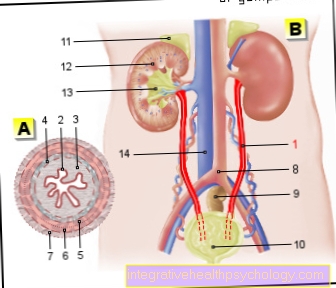

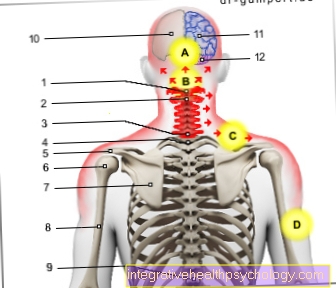




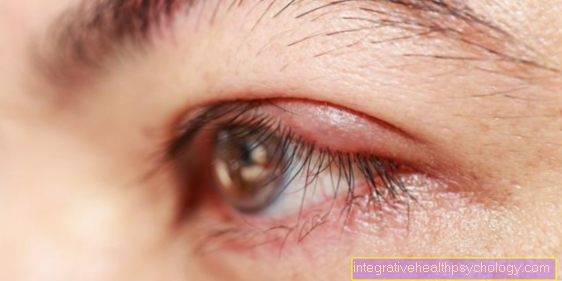





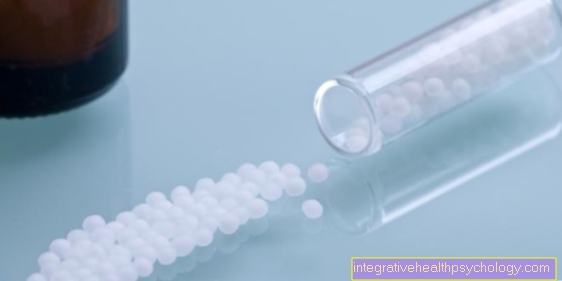


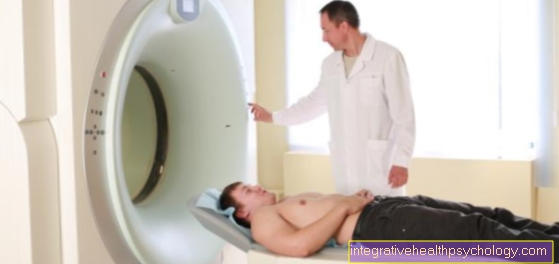



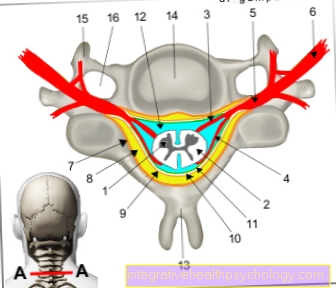
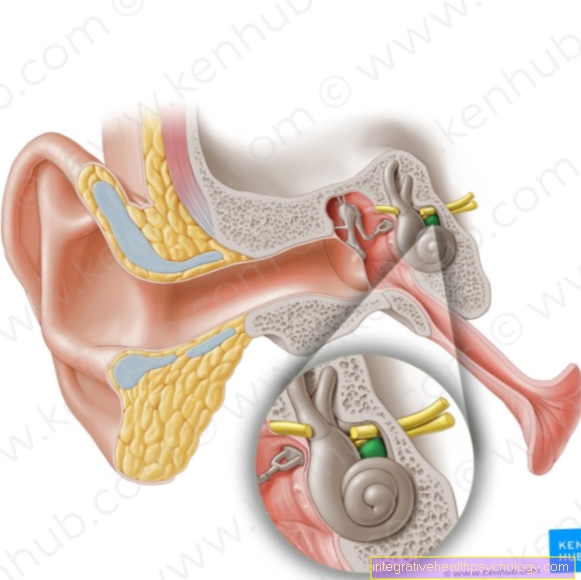

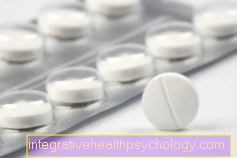
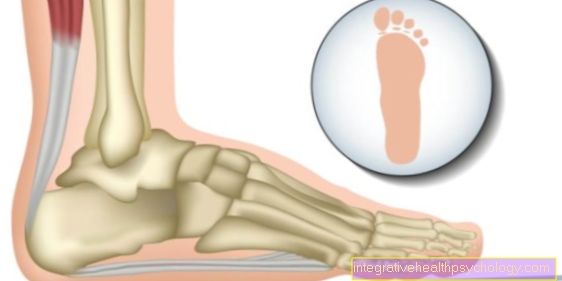
.jpg)